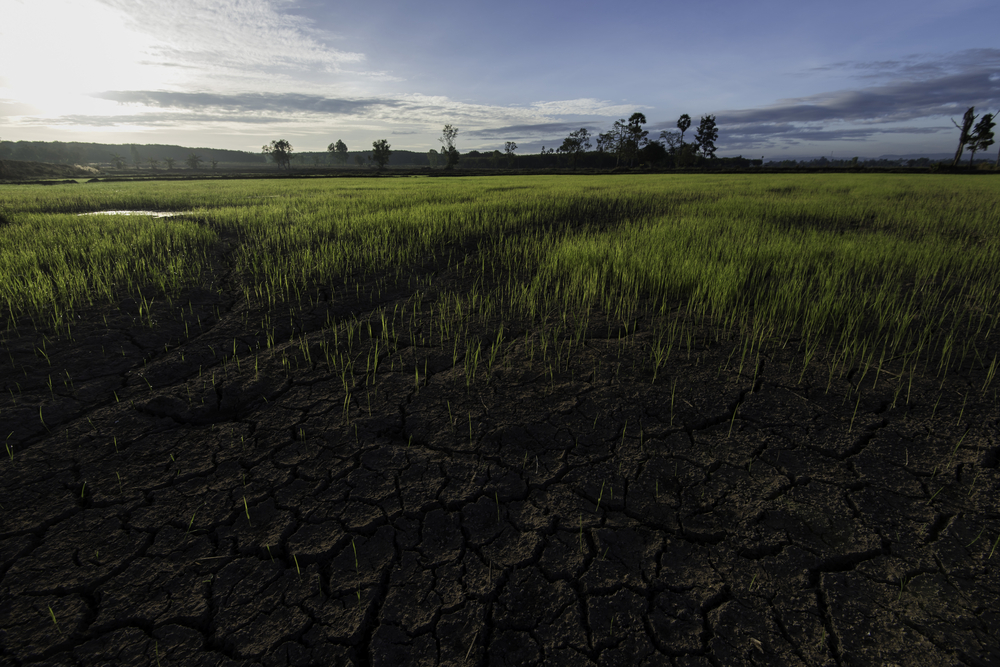Trouble managing your contaminated soil?
Hydrocarbon contaminated soil raises a number of challenges. The contamination, often toxic, presents health and safety dangers for both the immediate environment and people within it, as well as the risk of spreading to surrounding communities. Failing to remove the risk can lead to potential fines from regulators.
When soil becomes or is found to be contaminated, it needs to be remediated. This involves removing the contaminated material from the area, and ensuring the remaining soil carries no to low risks.
But managing and remediating contaminated soil also presents its own challenges.
There are multiple factors that affect how contaminated soil can and should be treated, including:
- The toxicity of hydrocarbons
- Biodegradability of pollutants
- the state of site microbiology

Fast & effective soil contamination solutions
There are two main options when it comes to hydrocarbon contaminated soil remediation: physical removal or bioremediation.
Physical removal requires machinery to physically dig out and remove the contaminated soil, which will then generally be transferred to a facility for incineration.
Bioremediation involves expert manipulation of the soil microbiome that will naturally remove the contamination.
While bioremediation is by no means a new concept, industry beliefs have in the past prevented it from being accepted as a viable option. But now, thanks to the wide adoption of the practice internationally (and now locally), it has become accepted as a legitimate form of remediation – and for good reason.

Requires less disruption

More cost-effective

Reduced energy consumption

Greener and more environmentally friendly

Reduced risk of contamination of the surrounding environment

Reduced heavy machinery requirements
To determine which form of remediation is most suitable for you, comprehensive contamination analysis testing is required. This is a multifaceted process which can take up to 6 months.
This testing will determine the nature of the soil, the toxicity of the contamination and the bacterial activity. Gathering insightful data around this will ensure a clear understanding on whether bioremediation is possible, and while potentially a larger time commitment than traditional remediation methods, the environmental, social and financial benefits bioremediation offers far outweigh the initial commitment.
Novorem is your leading land remediation company
Novorem is a land remediation company known for leading expertise in bioremediation and soil contamination testing, monitoring, and tracking.
With a long history of research and development behind us, Novorem experts have a deep understanding of the bioremediation process, the organisms and genes involved, and supplying appropriate cultures and nutrient amendments for the bioremediation process.
Remediation is key to protecting human and environmental health in Australia and bioremediation has emerged as a more economically, socially and environmentally sustainable approach to soil contamination remediation.
Fill out the below form to learn more about your hydrocarbon contaminated soil and remediation options.
Contact us
If you have any questions, or would like more information about how Novorem can help you remediate your land or soil please fill out the form below.

